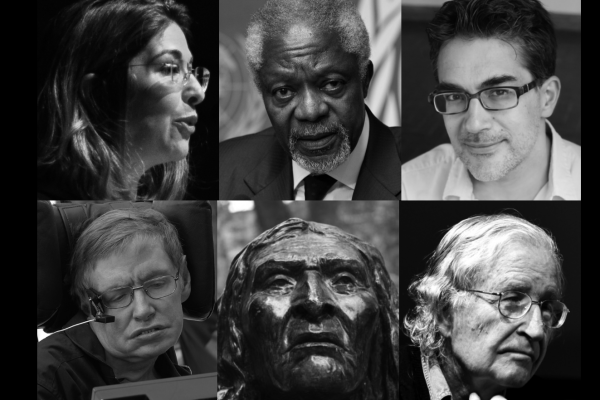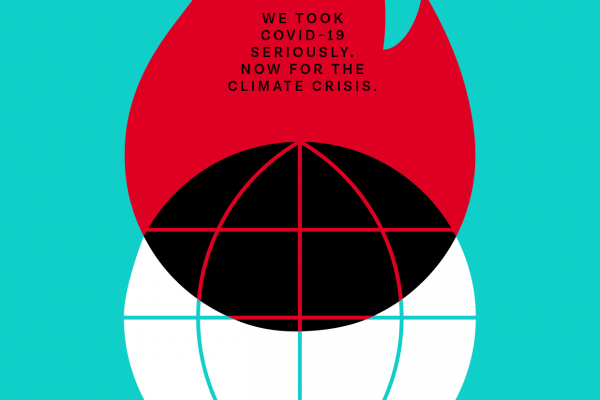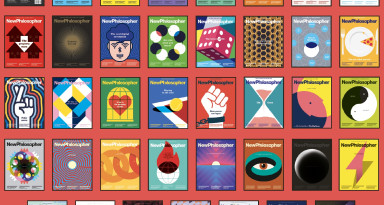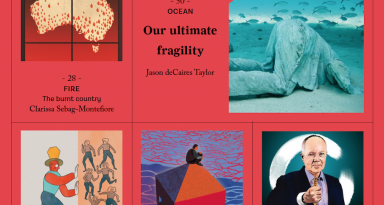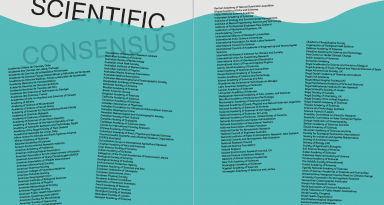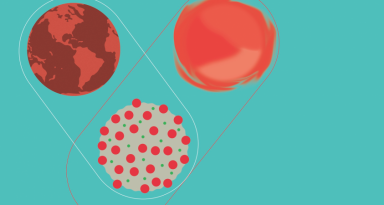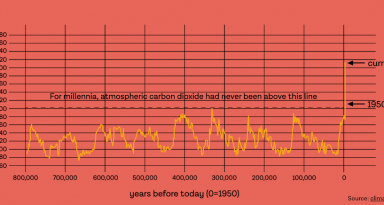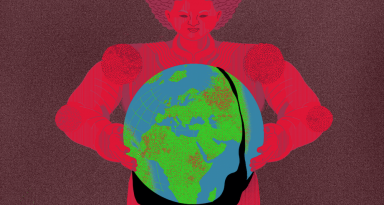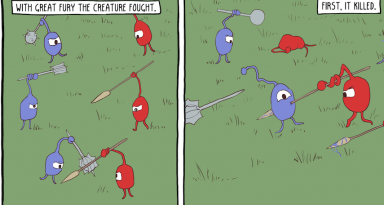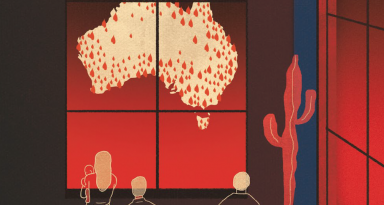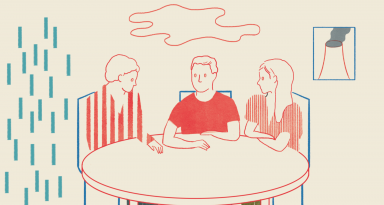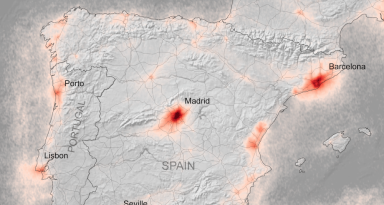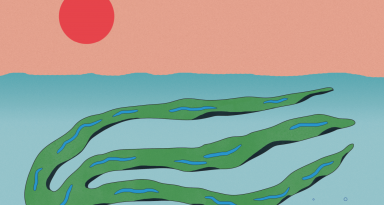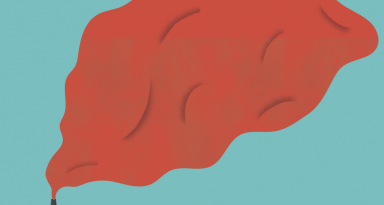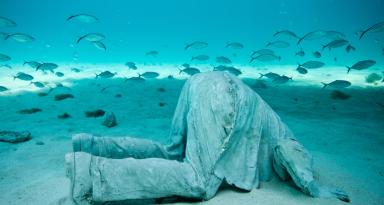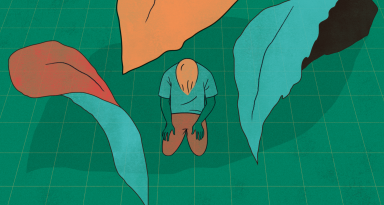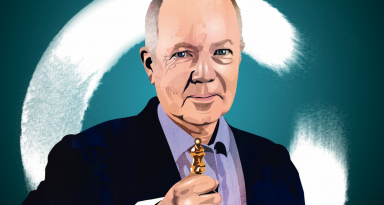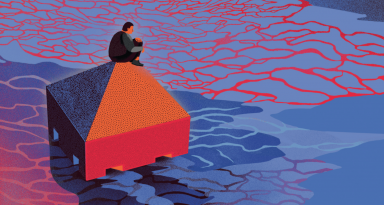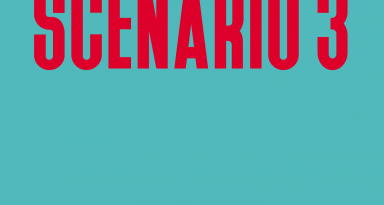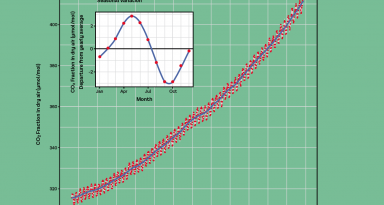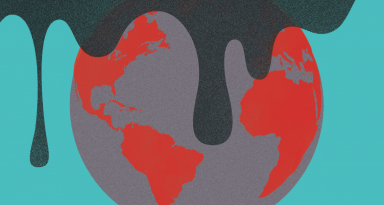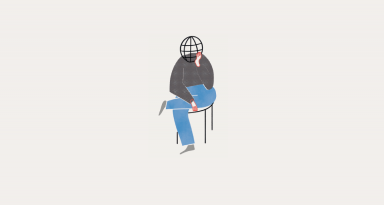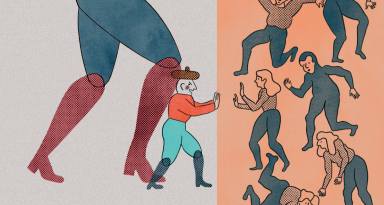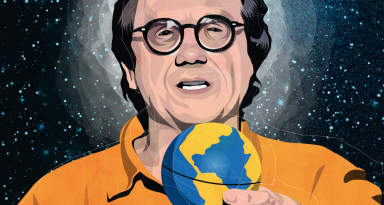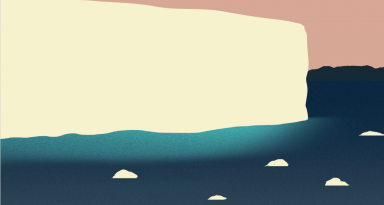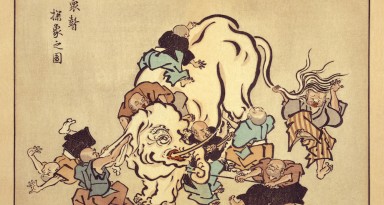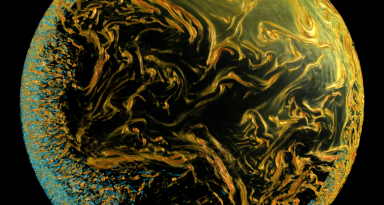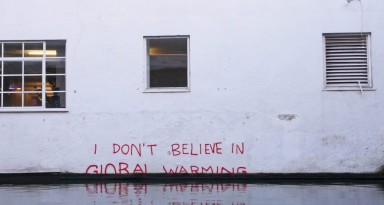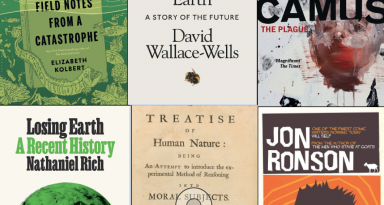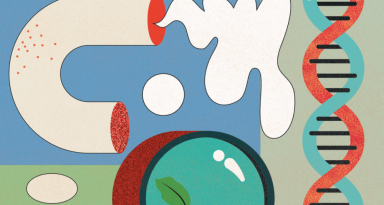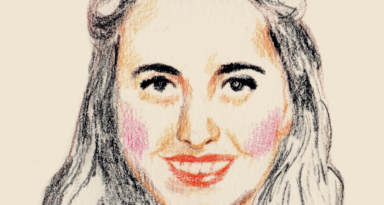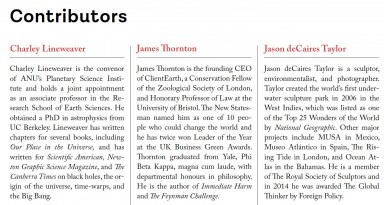What does climate change mean to humans? Here are six thinkers’ views on the climate.
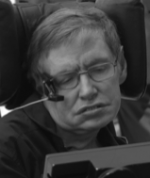 The Physicist
The Physicist
Stephen Hawking
1942 – 2018
“One can see from space how the human race has changed the Earth. Nearly all of the available land has been cleared of forest and is now used for agriculture or urban development. The polar icecaps are shrinking and the desert areas are increasing. At night, the Earth is no longer dark, but large areas are lit up. All of this is evidence that human exploitation of the planet is reaching a critical limit. But human demands and expectations are ever-increasing. We cannot continue to pollute the atmosphere, poison the ocean and exhaust the land. There isn’t any more available.”
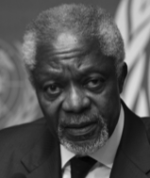 The Diplomat
The Diplomat
Kofi Annan
1938 – 2018
“Depending on where you live, your threat is much different from the other person. If you ask a New Yorker today, because of the way the press plays it, he will say terrorism is his biggest fear. But for somebody living on a small island state, then it is climate change, the rise of the sea level, for his whole island may be washed away. If I go to southern Africa, they tell me it is HIV/AIDS and somewhere in Asia it is poverty. This is also why you will find it difficult to find agreements, because if you want someone to be concerned about your threat, then you should be concerned about his.”
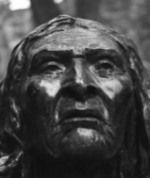 The Leader
The Leader
Chief Seattle
1786 – 1866
“You must teach the children that the ground beneath their feet is the ashes of your grandfathers. So that they will respect the land, tell your children that the earth is rich with the lives of our kin. Teach your children what we have taught our children, that the earth is our mother. Whatever befalls the earth, befalls the sons of the earth. If men spit upon the ground, they spit upon themselves. … This we know, the earth does not belong to man, man belongs to the earth. This we know. All things are connected like the blood which unites one family. All things are connected. Whatever befalls the earth, befalls the sons of the earth. Man did not weave the web of life, he is merely a strand in it. Whatever he does to the web, he does to himself.”
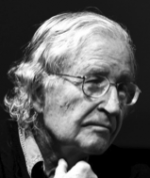 The Linguist
The Linguist
Noam Chomsky
1928 –
“Global warming proceeds on its inexorable course. During this millennium, every single year, with one exception, has been hotter than the last one. There are recent scientific papers, James Hansen and others, which indicate that the pace of global warming, which has been increasing since about 1980, may be sharply escalating and may be moving from linear growth to exponential growth, which means doubling every couple of decades. We’re already approaching the conditions of 125,000 years ago, when the sea level was about roughly 25 feet higher than it is today, with the melting, the rapid melting, of the Antarctic, huge ice fields. We might – that point might be reached. The consequences of that are almost unimaginable. I mean, I won’t even try to depict them, but you can figure out quickly what that means.”
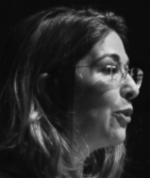 The Activist
The Activist
Naomi Klein
1970 –
“Slavery wasn’t a crisis for British and American elites until abolitionism turned it into one. Racial discrimination wasn’t a crisis until the civil rights movement turned it into one. Sex discrimination wasn’t a crisis until feminism turned it into one. Apartheid wasn’t a crisis until the anti-apartheid movement turned it into one. In the very same way, if enough of us stop looking away and decide that climate change is a crisis worthy of Marshall Plan levels of response, then it will become one, and the political class will have to respond, both by making resources available and by bending the free market rules that have proven so pliable when elite interests are in peril.”
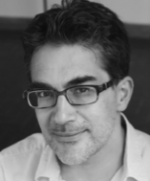 The Ethicist
The Ethicist
Kieran Setiya
1976 –
“Making our ethics more explicit, being self-conscious about our principles and premises, improves our moral thinking. This is particularly true when the questions are ones of public policy, when they operate at scales that defy intuitive judgement, and when they threaten our complacent desire to maintain the status quo. The problem of climate change is challenging in all these ways. It is unique, or unusual, in that it leads rapidly beyond the usual terrain of political theory to questions more abstract and existential. Why should we care about the survival of humanity? The answer makes a difference to our assessment of catastrophic risks. How should we think about decisions that affect the identity of future individuals? If we do not act on climate change, people born 50 or 100 years from now will lead impoverished lives.”
< Wild thinking | Changing the Earth >
